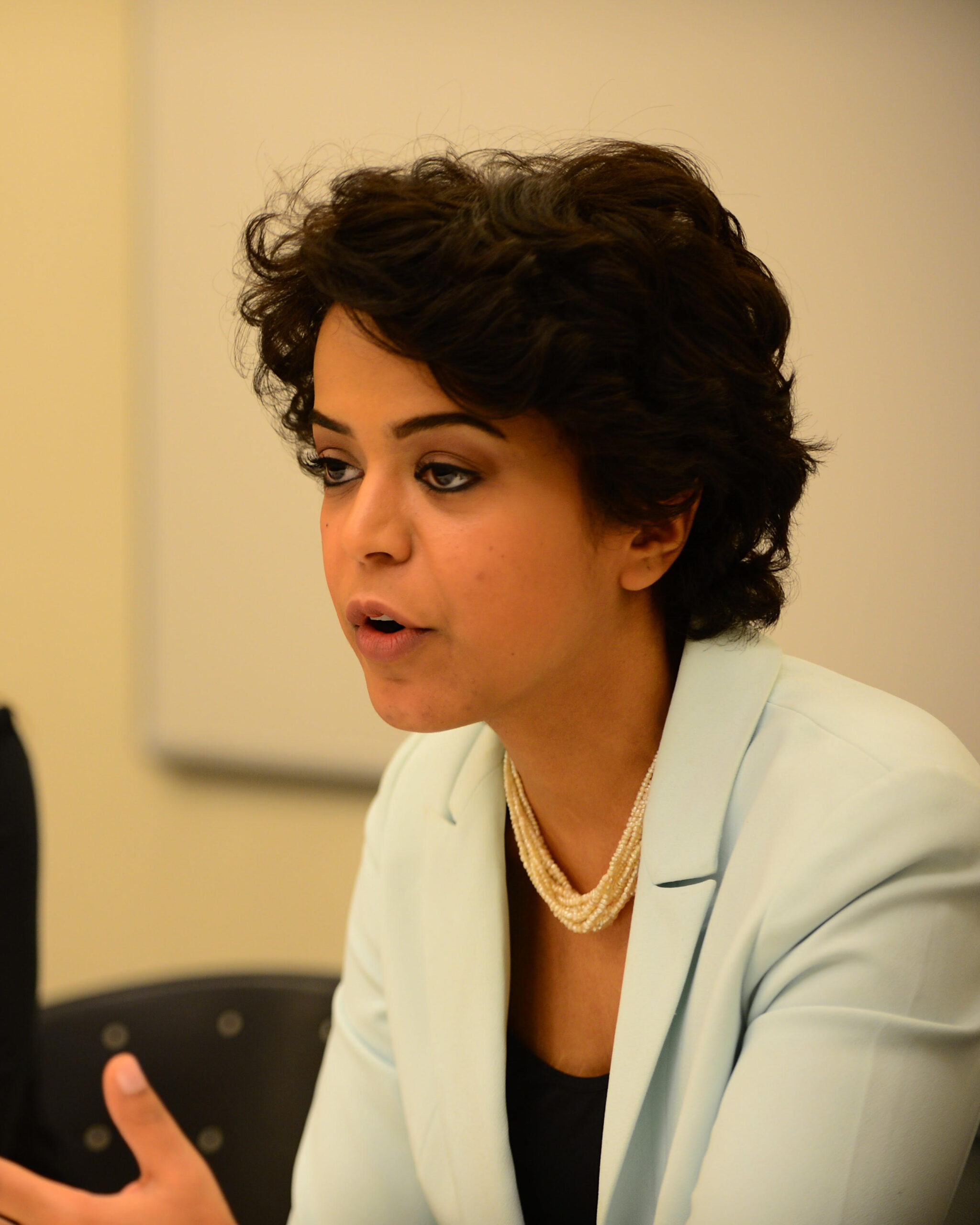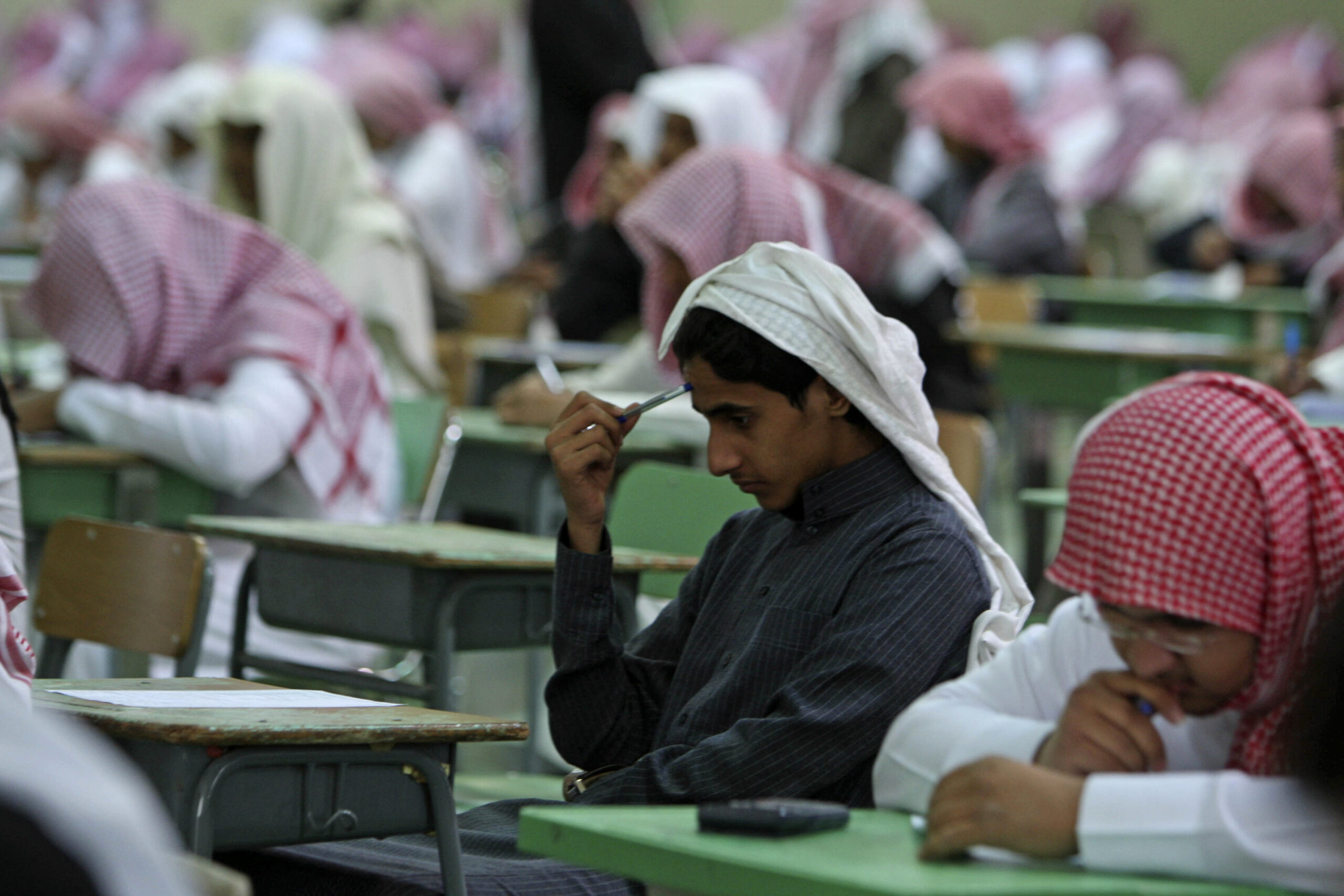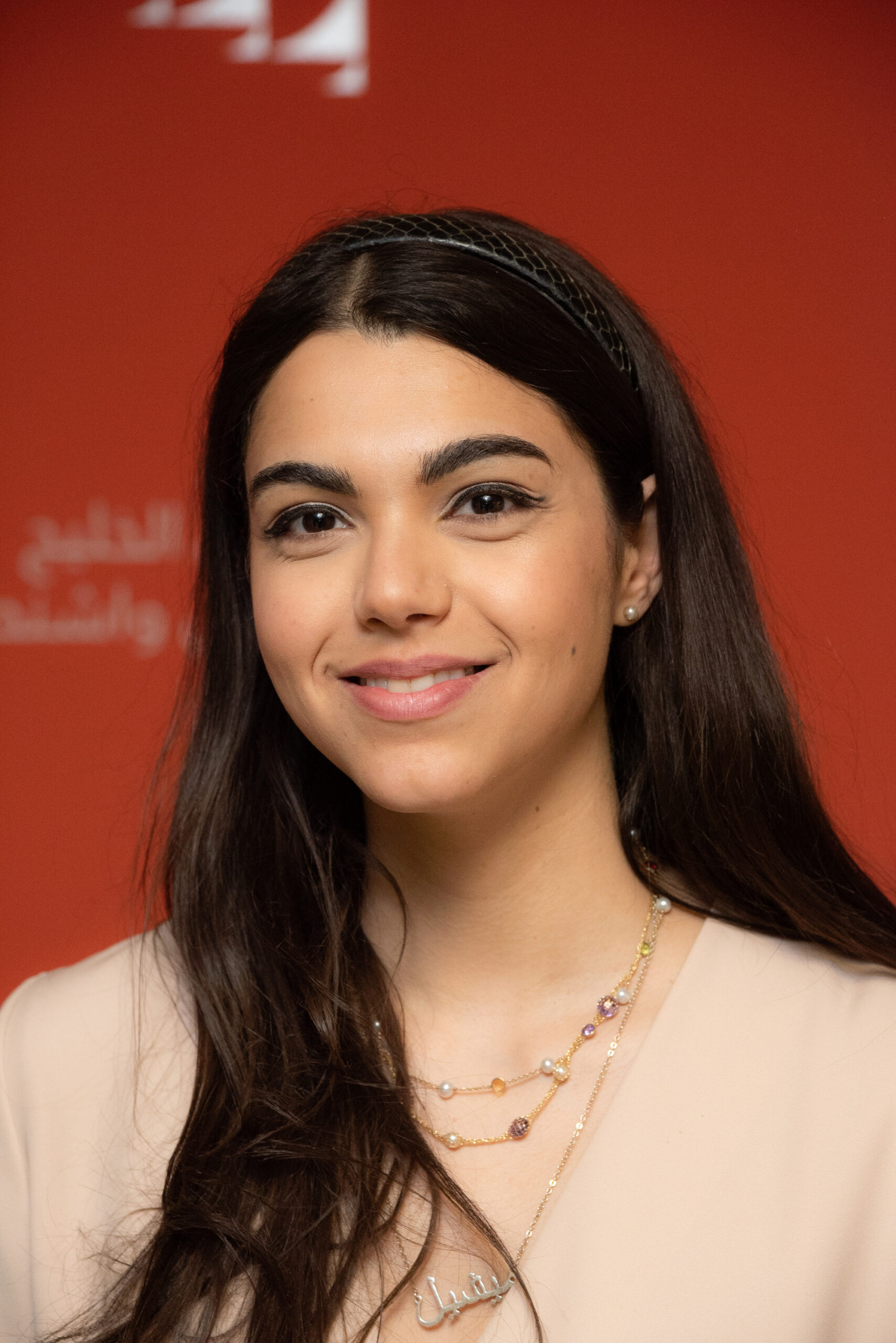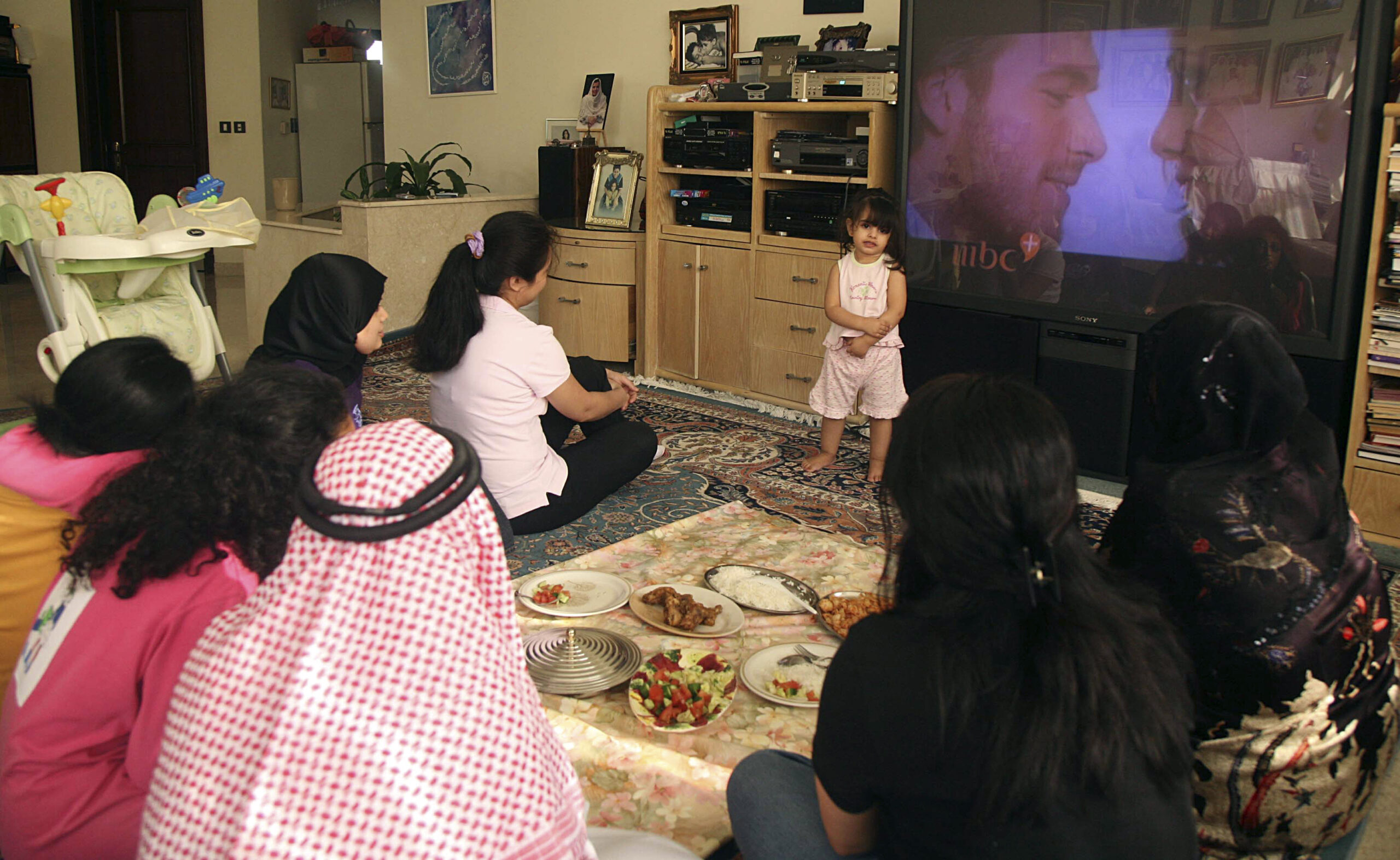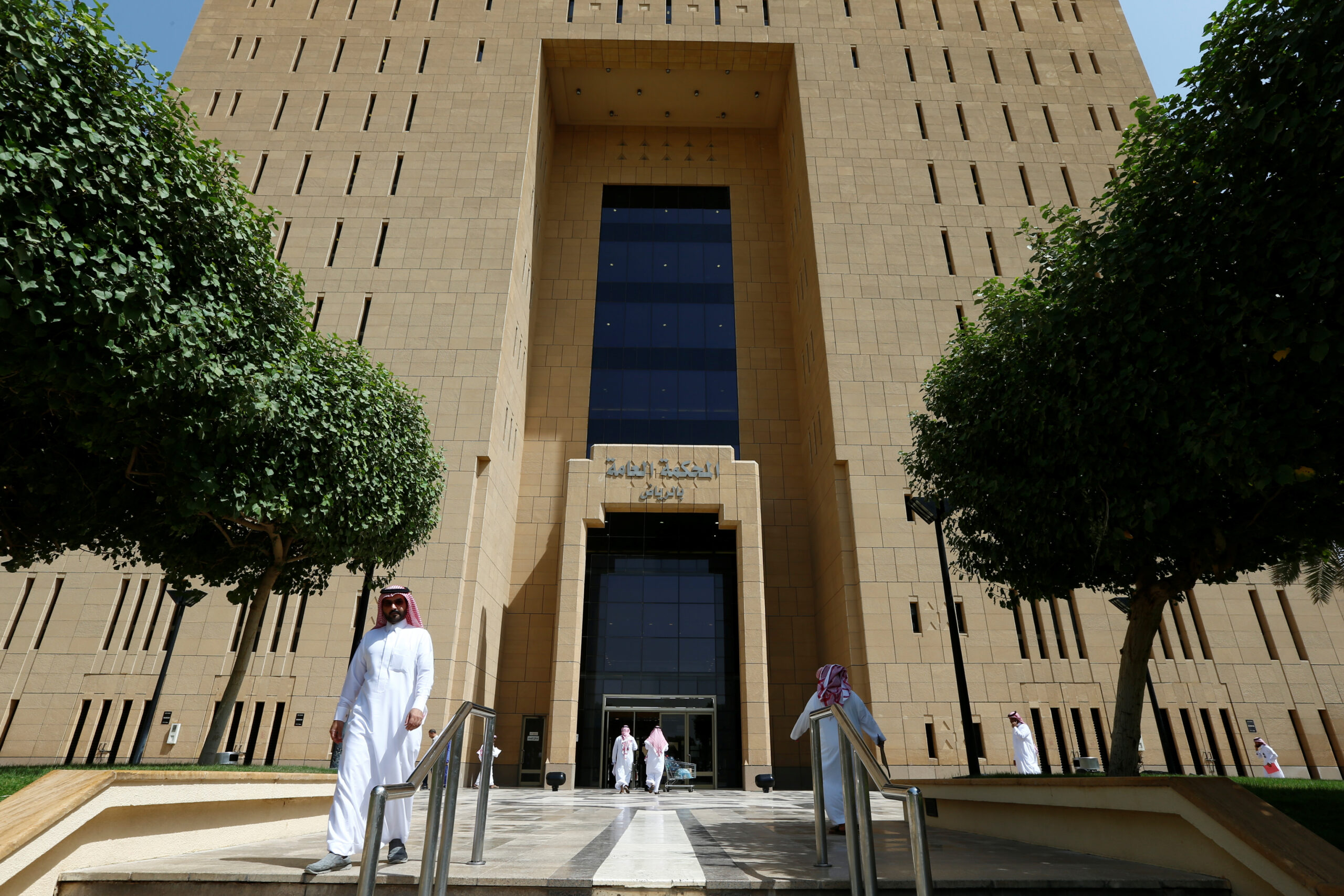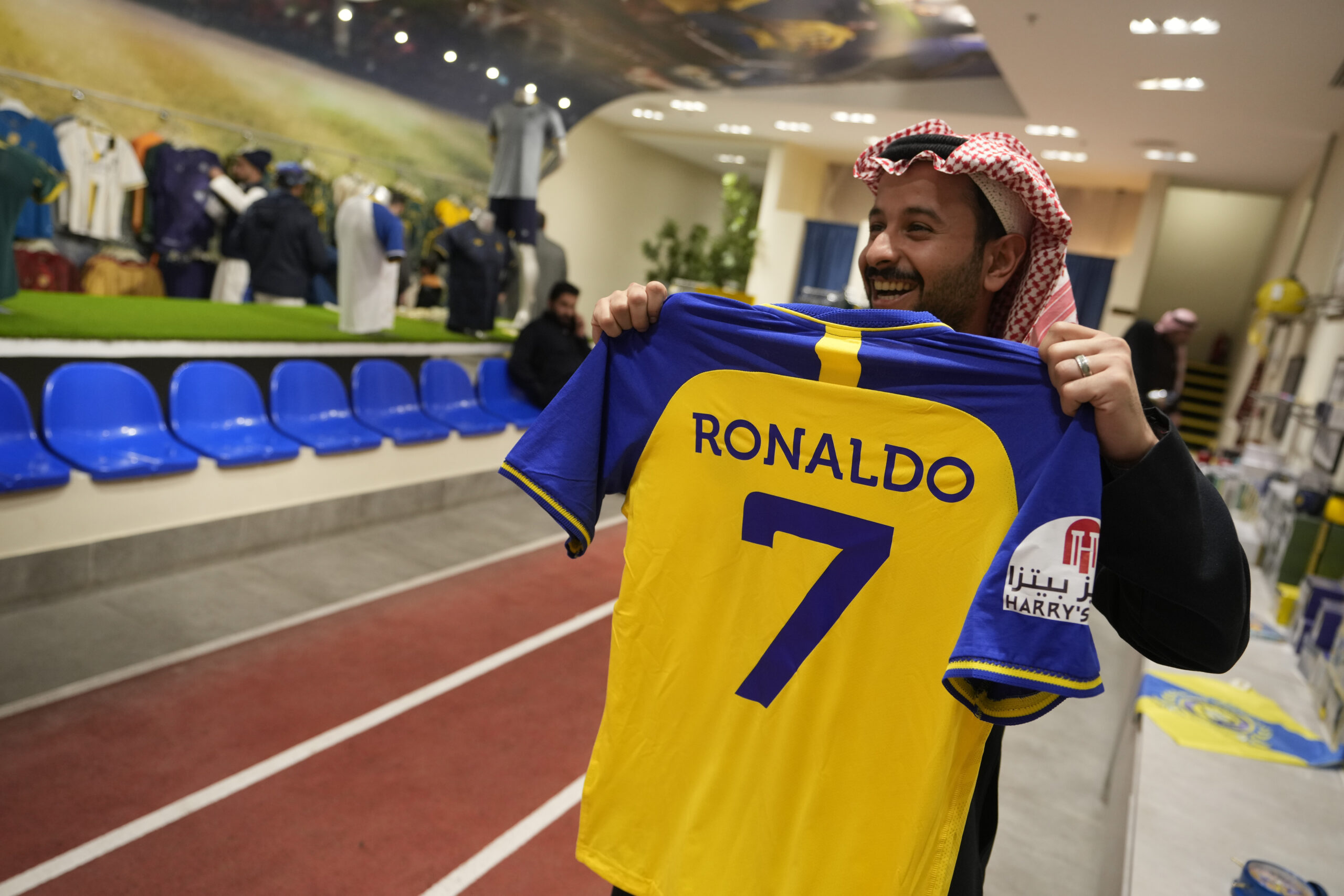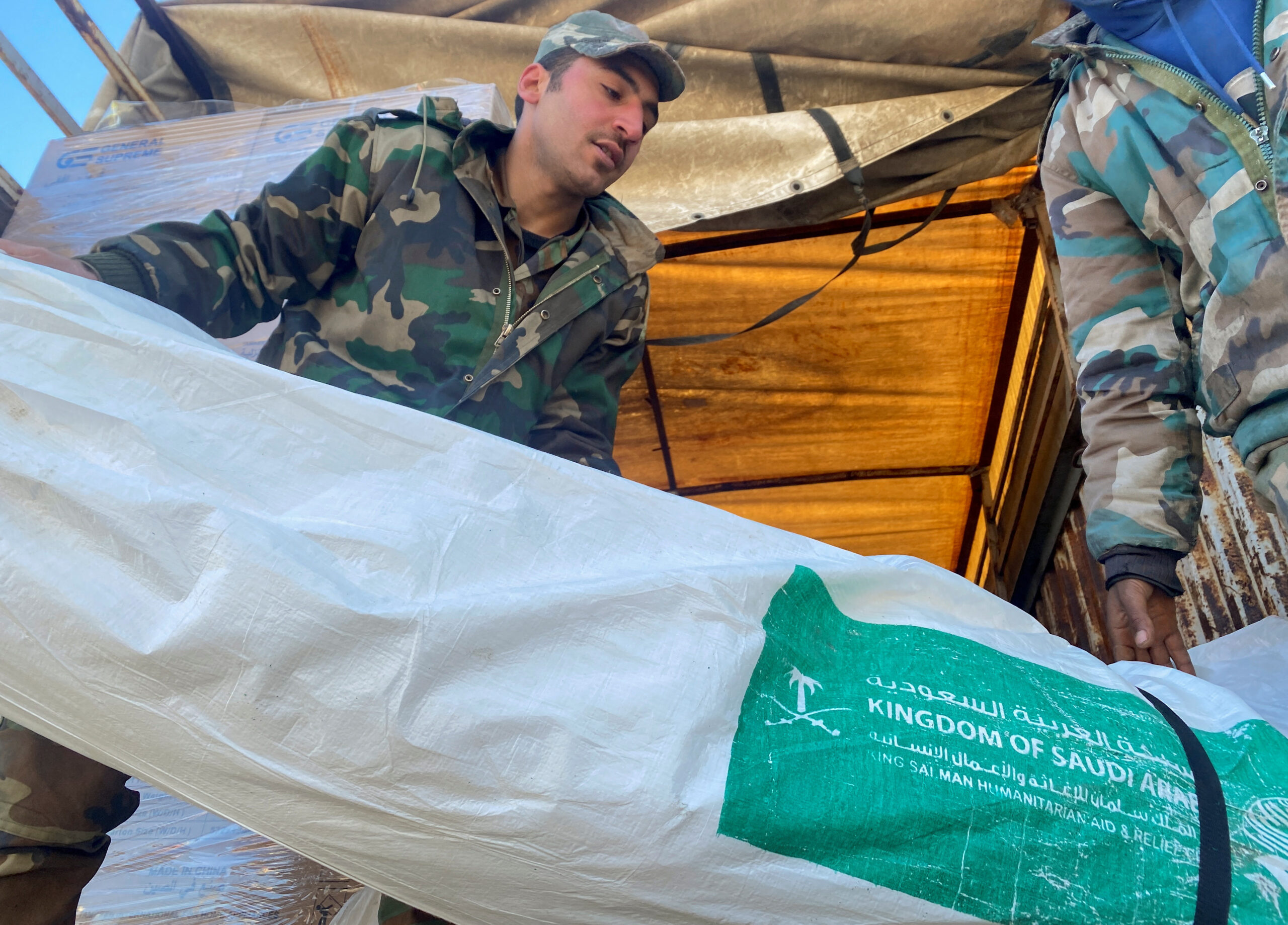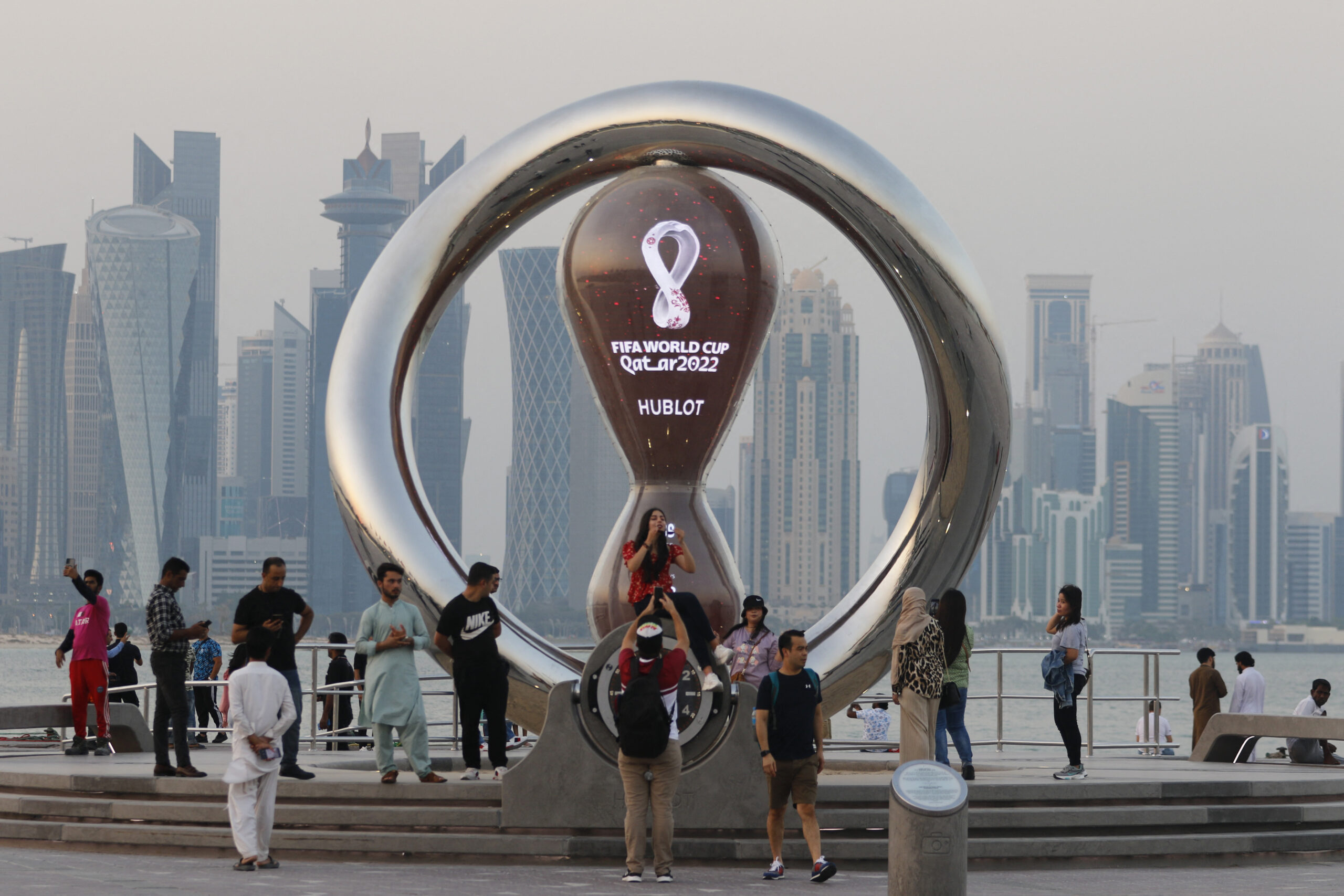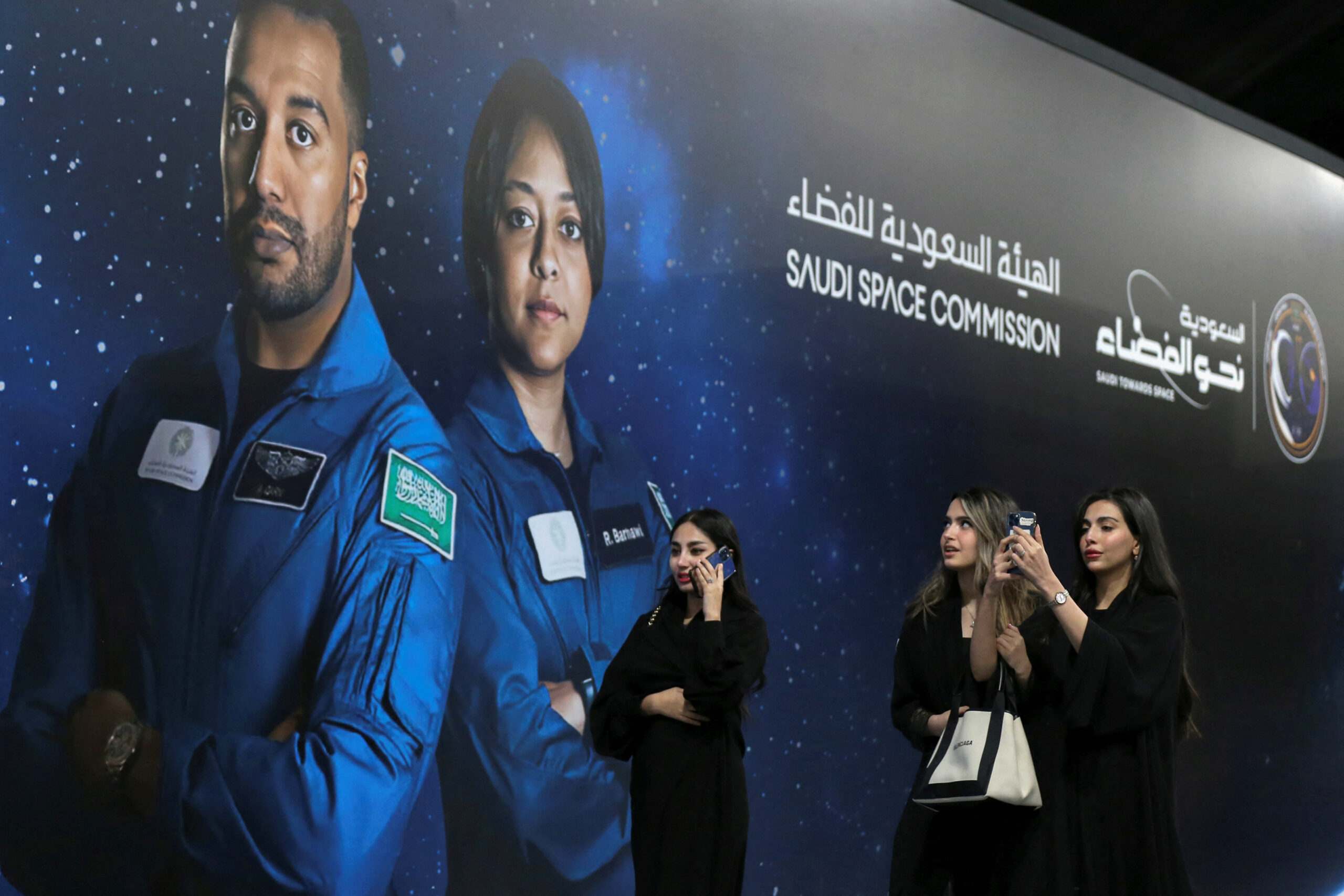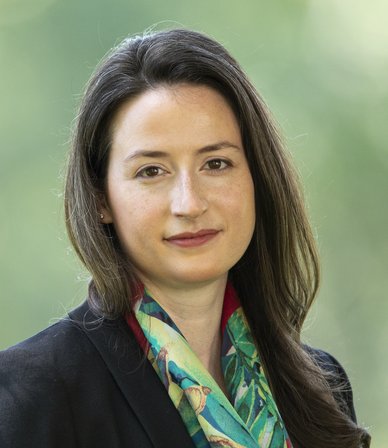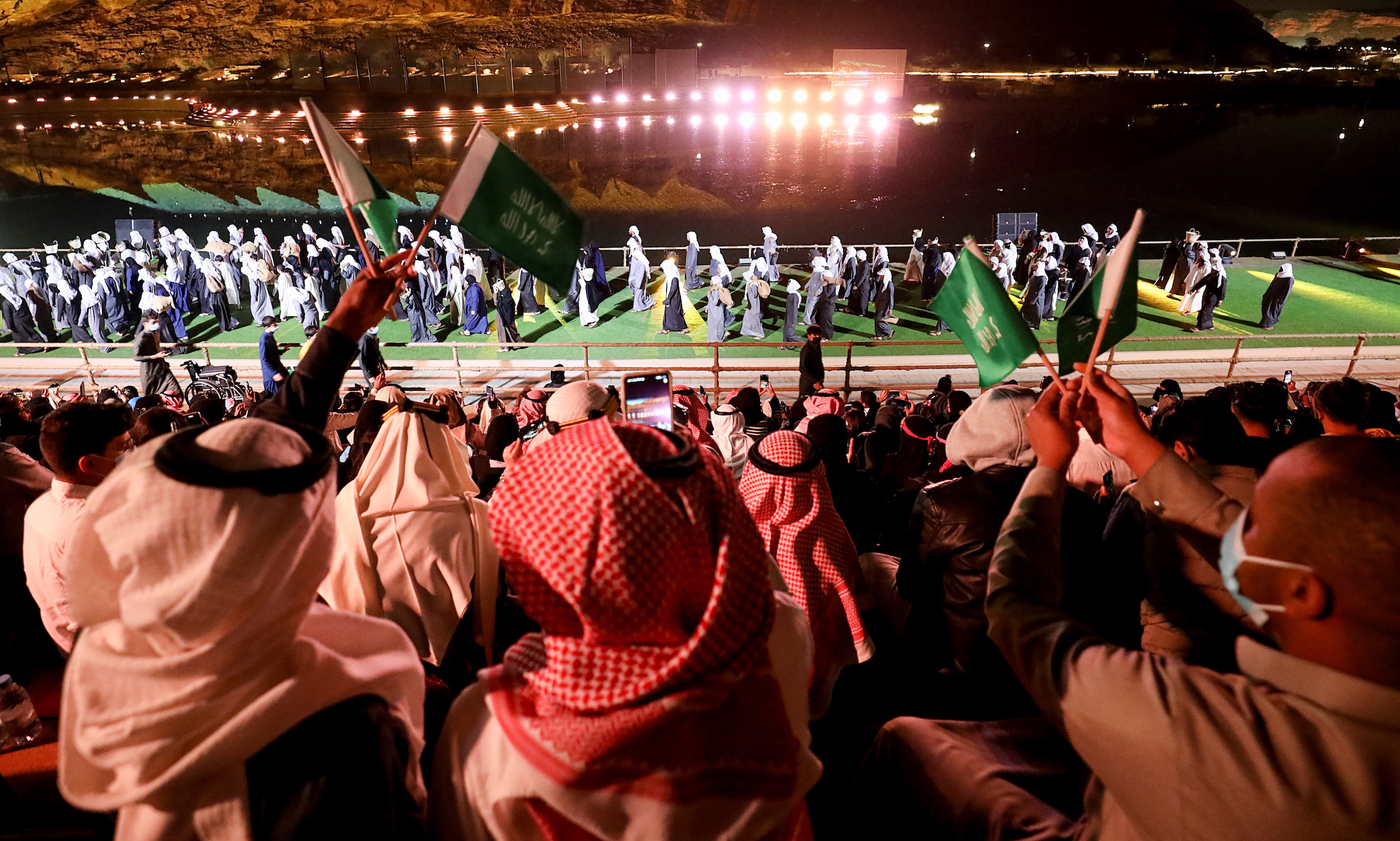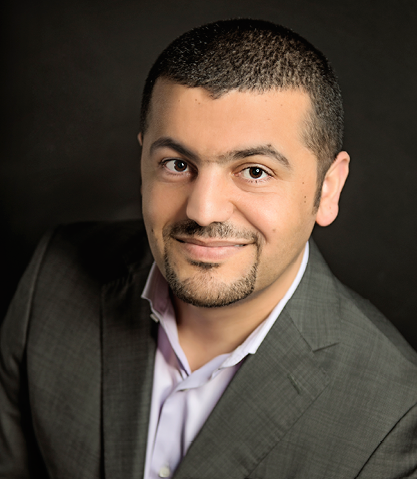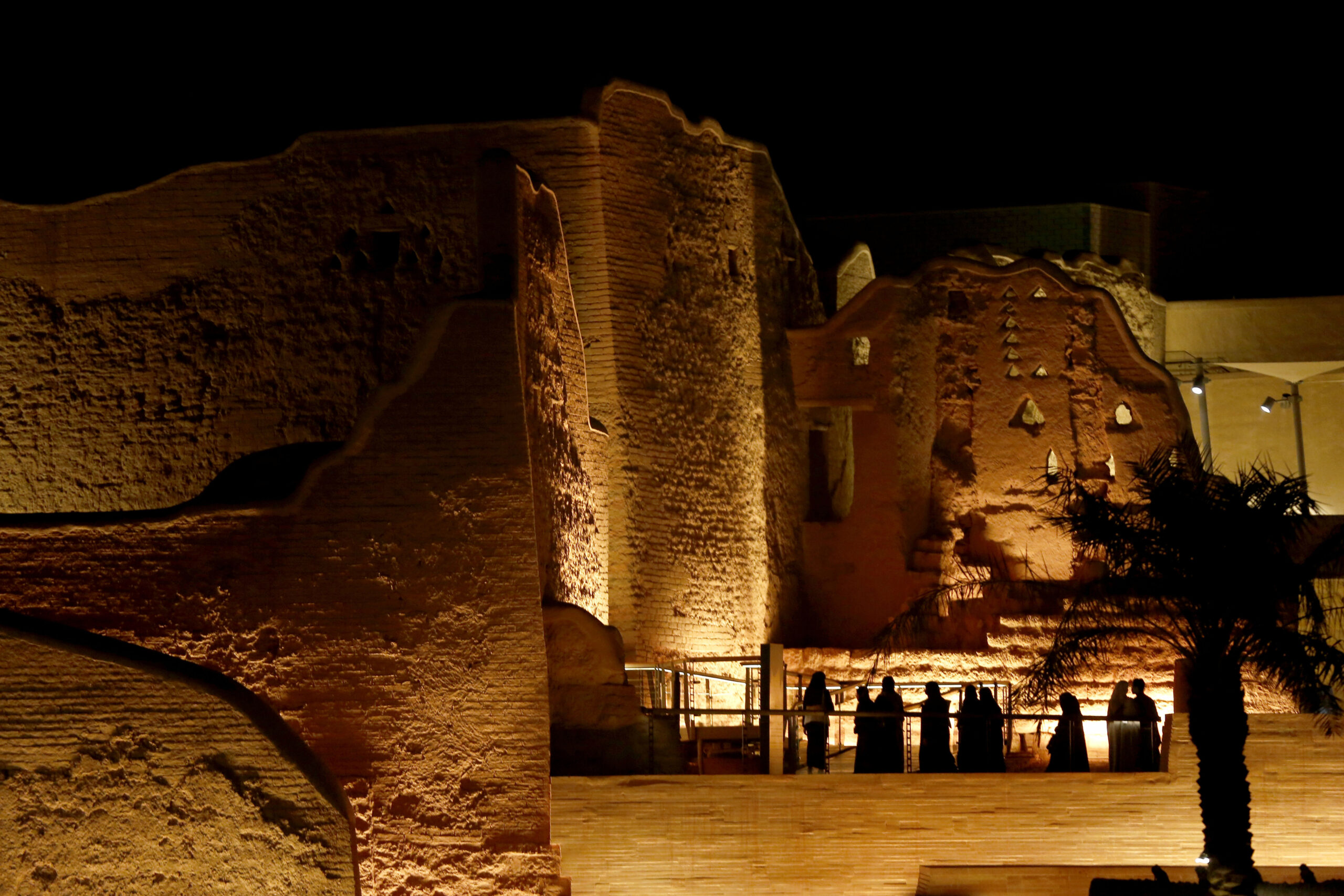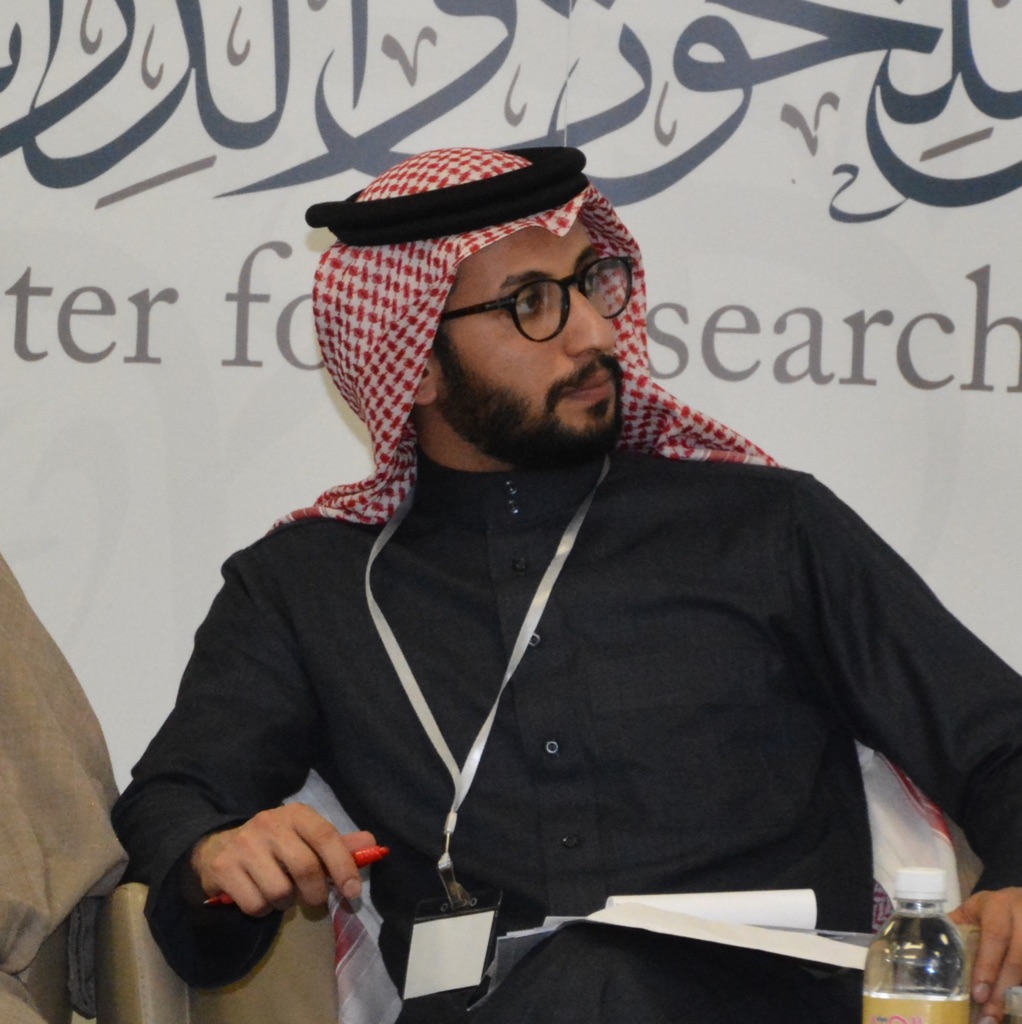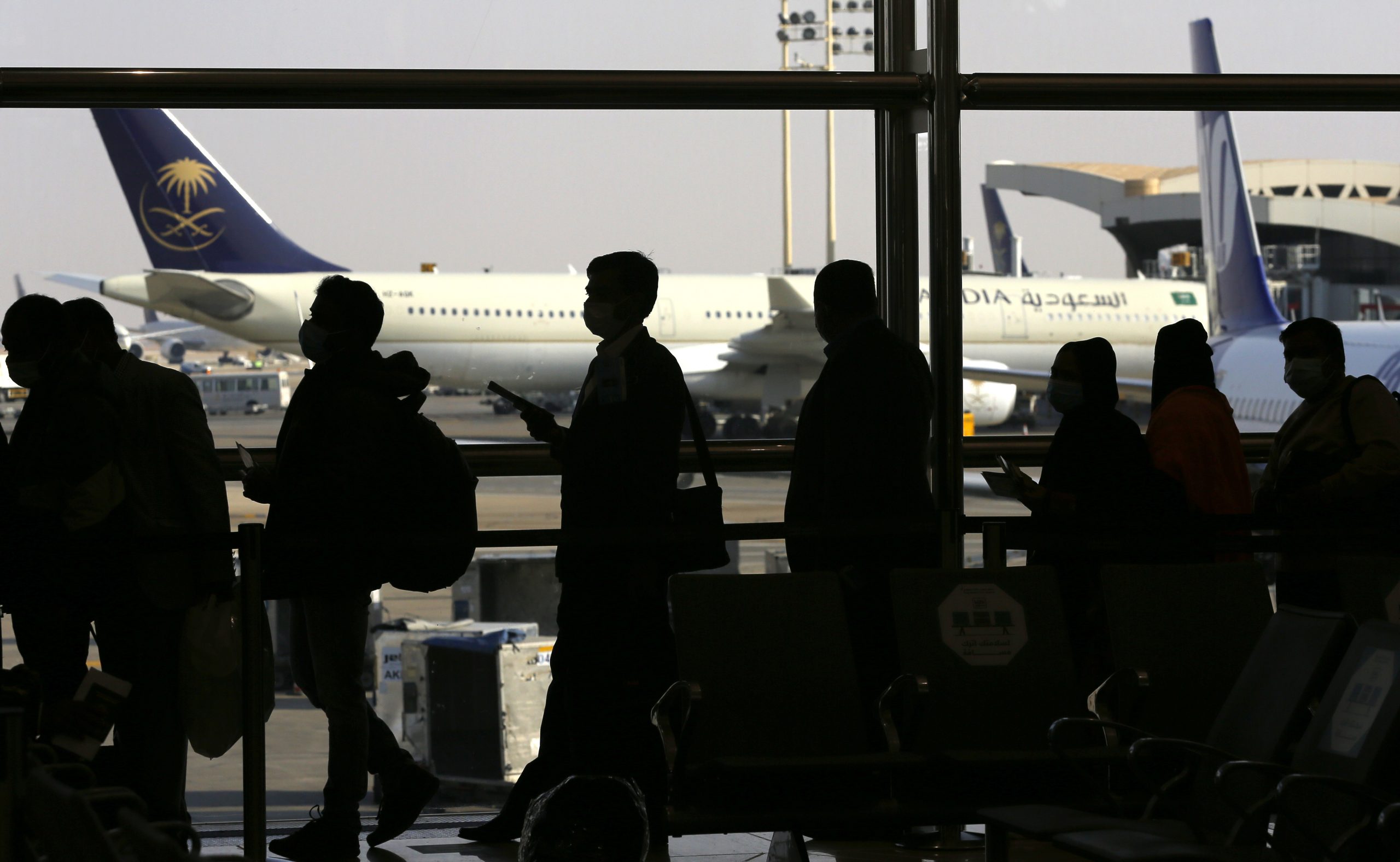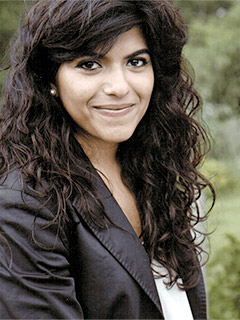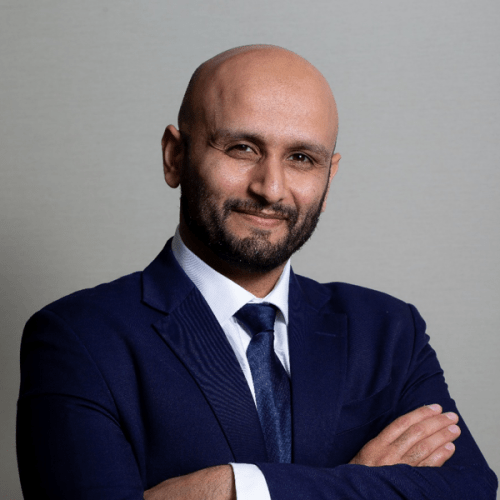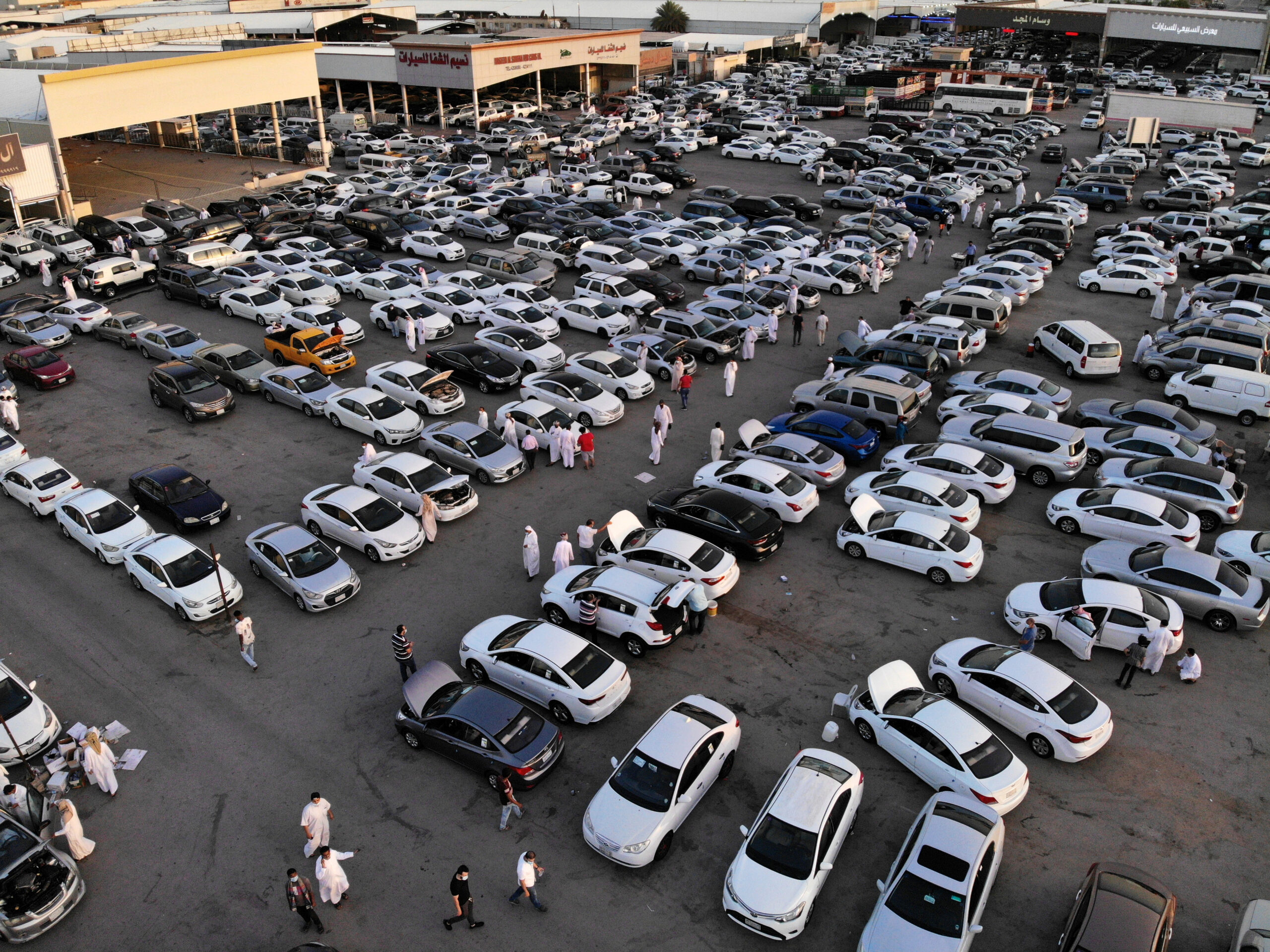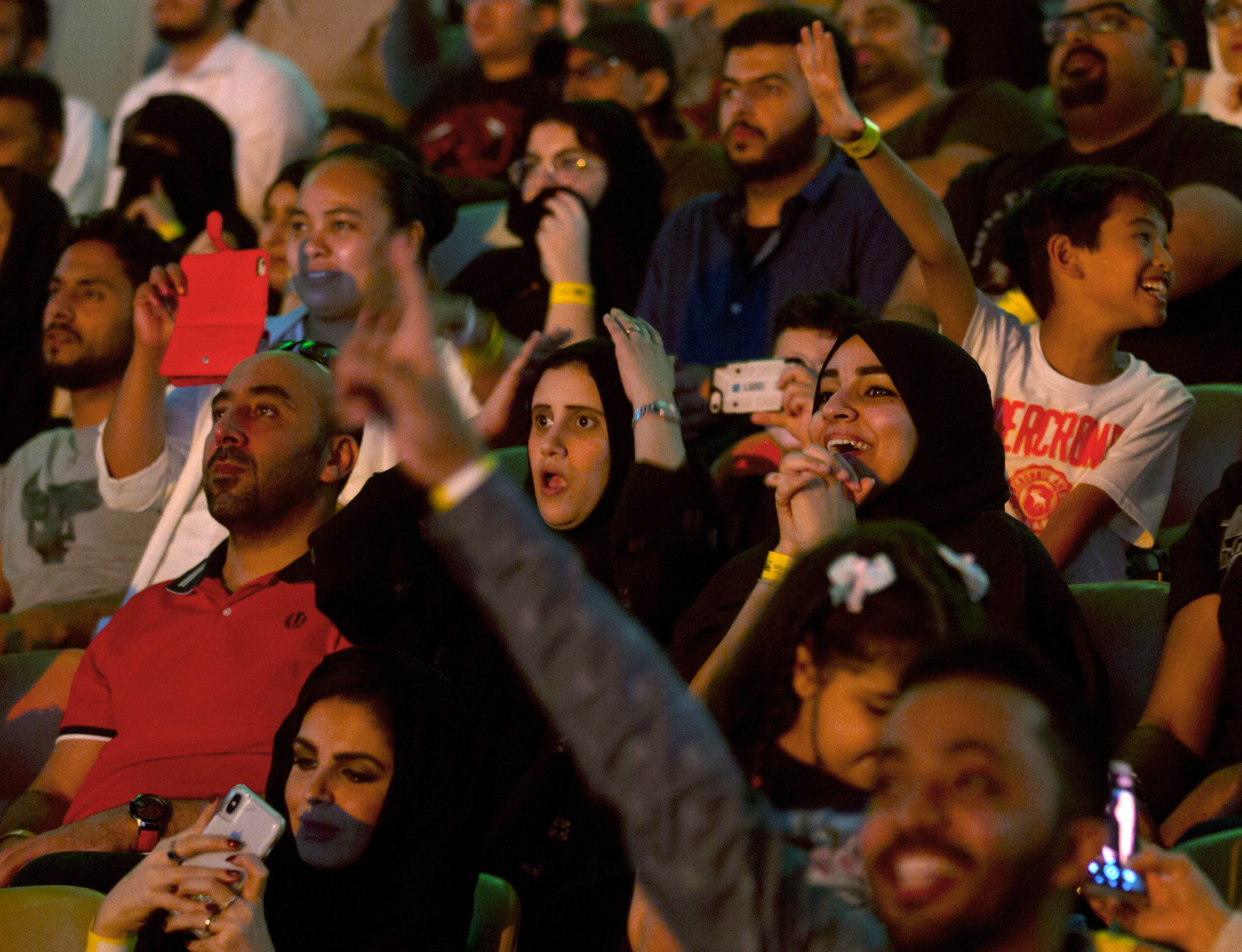The Public Decency Law and the Shaping of the Saudi Identity
The relaxation of social norms in Saudi Arabia has proved to be both emboldening and disorienting.
11 min read
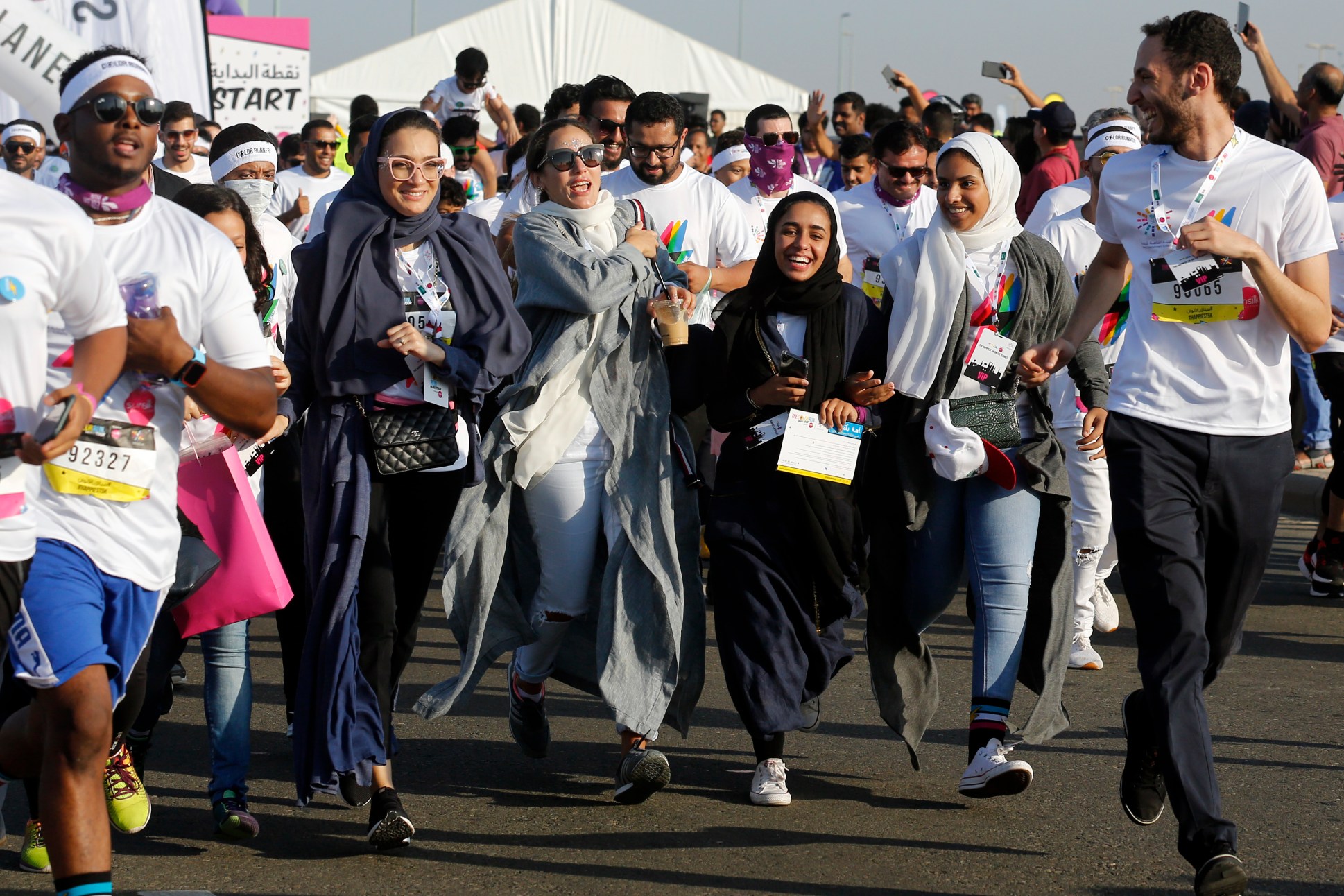
The relaxation of social norms in Saudi Arabia has proved to be both emboldening and disorienting. The plans for a post-oil economy require vast social changes to attract international investors and tourists. Moreover, the current leadership is catering to young Saudis who constitute the majority of the population by showering them with entertainment options. Curbing the powers of the religious establishment and its police was meant to ease the process of opening up the country. However, their sudden removal has created a vacuum, which has been filled by debates in national newspapers and on social media about what should and should not be socially acceptable.
The release of the public decency law has failed to eliminate the confusion. Many Saudis view these regulations as a secular substitute for the religious police (Haia) meant to preserve social order. However, a better understanding of the law and its enforcement may come not through viewing it simply as a code to regulate social behavior, but rather as an extension of the ongoing process of national identity construction.
The law redefines the behavior of good citizens in an attempt to shape “modern,” “presentable” Saudis who nonetheless retain necessary “traditional” qualities. The state has resolved the inherent tension in this legal construct through uneven application: promoting a modern image while expecting citizens to uphold traditional values in certain settings. Paradoxically, in practice this has meant stricter enforcement on women who dress conservatively.
Regulation of Public Behavior
Saudi society has always been highly regulated. In previous years, the religious police were responsible for promoting and maintaining strict social order. Moreover, Saudi identity has long been derived from conservative Islamic norms due to the decades-old alliance between the leadership and official religious establishment. Such an association was important to demonstrate Saudi Arabia’s duty in preserving the holy Islamic sites and teachings. Today, the Saudi leadership is contesting established religious norms. As reflected in the new Saudi curriculum, religion continues to play an important role, but it is now only one component of an emerging Saudi identity.
In late September, the public decency law was officially introduced. In Arabic, the law is called “al-thouq al-aam,” which literally translates to “public taste” in reference to the etiquette and behaviors the public is encouraged to follow. However, the translation eventually adopted was “decency law” since it is commonly assumed that it will replace the moral policing of the Haia. This has contributed to the overall confusion as to why the 19 restrictions it lists include some practices that are not considered violations of decency.
This in itself is a winnowing of the list of 45 violations Shura Council member Fayez Al-Shehri initially proposed in January 2018. In April 2019, the Council of Ministers approved 19 violations, which were brought to the public’s attention in May and subsequently implemented in September. The list conveys the expectations for behaviors of citizens as it addresses issues such as dress code, vandalism, and public behavior (such as playing loud music, not standing in line, or photographing someone without his or her consent).
Constructing the New Saudi Identity in Practice
In the past, the emphasis was on ensuring that people not only behaved properly, but also followed Islamic practices and principles. Now, there is a generally relaxed attitude toward religious practice and a seemingly stricter approach toward readjusting public behavior. One of the likely motives behind such a trajectory is the rising importance of upholding a “global” and “relatable” image. During an interview with MBC, legal specialist Ghadah Al-Eidi said, “this list will reflect our image positively to other countries … with Vision 2030, all eyes are on us.” The new law is a social and behavioral code of conduct that reflects the expectations of a well-mannered and presentable Saudi citizen.
The decency law includes violations that are already specified in other implemented laws. For example, graffiti was – and remains – punishable under section 5/19 of the list of municipal violations, published by the Ministry of Municipal and Rural Affairs. What is new, however, is the updating and grouping of all the violations into a list and reintroducing them as a code to set public expectations. The repackaging here is significant because it points to a renewed approach to defining the public appearance and behavior of a Saudi citizen.
The decency law was implemented around the same time as an announcement about new tourist visas, instructing international visitors to dress appropriately in public. However, there are different levels of modesty expected from local or foreign men and women. Foreign women are not expected to wear the black robe (abaya), while Saudi women are now encouraged to go to some public spaces without it as long as they dress modestly. Foreign men can wear shorts in public whereas Saudi men are penalized for doing so.
The controversy surrounding whether men’s clothes would be subject to scrutiny under the decency law was confirmed in October when a man was stopped and fined for wearing shorts, likely for violating Article 8, which forbids “wearing improper clothing in public places.” Bader Al-Zayani, the general manager of the Public Decency Association, suggested that under Article 8, shorts would be allowed depending on the place, and might be accepted at gyms or on the beach, even though Article 8 does not go into detail regarding these conditions. The religious police routinely stopped men caught wearing shorts in the past because of the Islamic obligation to cover a man’s awrah (intimate parts from the navel to the knees). The decency law also considers wearing “sleepwear thobe” (a common long indoor clothing worn by some Saudi men) a violation of the decency law, even though some men choose to wear it outside when running errands or attending Fajr prayers. Men are required to wear the national dress when visiting the Civil Affairs Directorate, or when going in for passport collection. Banning sleepwear thobe is a new addition to the laws regulating dress code for men, showing that the law does not only address decency but also engulfs a wider set of expectations that aim to “correct” the Saudi national’s “public image.”
On the other hand, videos have emerged of Saudi and foreign women enjoying various entertainment events, sometimes violating the dress code or conservative norms without consequence. On the other hand, the expectations of conservative women remain largely dependent on the religious identity that existed before. For example, dancing has become generally accepted in different spaces and is not penalized under the decency law. However, recently the public prosecutor issued an order of arrest under the decency law for a woman who was filmed dancing while being fully covered. This would appear to be in contradiction to the law, which specifically states that “penalties shall not be imposed on any behavior not provided for in the violations table.” Moreover, the new law specifies a fine of up to 2,000 riyals (approximately $533) on those who take photos or videos of others without their consent. Yet, it was the woman in the video, not the person filming her, who was penalized for violating the law after her behavior stirred controversy on social media.
A Work in Progress
The law is likely a work in progress. As it stands, the new law is applied differently to various cases. Women who choose to cover their faces are expected to comply with conservative values and can be subject to wider unwritten laws and stricter public scrutiny. Those who choose to lose the abaya have been seen dancing and singing freely without prompting negative reactions on social media or facing similar consequences. However, the abaya remains an important symbol to many Saudis who choose to wear it. Recently, the public prosecutor issued arrest warrants against a couple who filmed a short video that went viral on social media and was considered an insult to the traditional dress code. The different consequences demonstrate the state’s tendency to hold Saudis who present as “modern” and those who maintain a “conservative” image to different standards. This dichotomy reflects national tensions in identity construction as the Saudi leadership seeks to showcase and celebrate the fast-paced social transformation while also preserving traditional qualities maintained by the conservative faction of the population.
The views represented herein are the author's or speaker's own and do not necessarily reflect the views of AGSI, its staff, or its board of directors.
